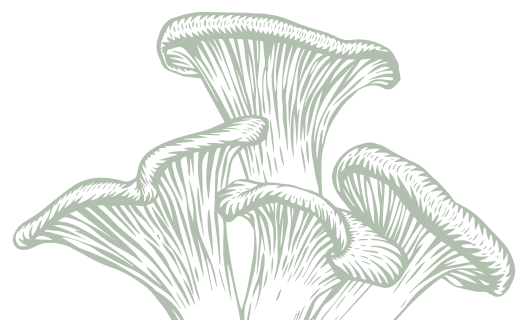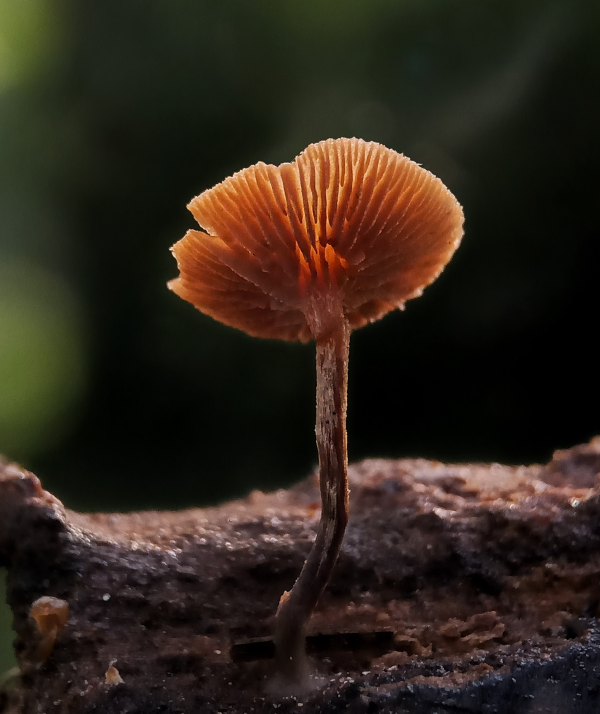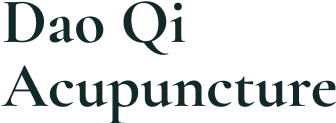Services
Organic Vegan Mycology Products
Monthly consultation may include dietary, lifestyle advice, adjunct therapy and LionsMane, Reishi and Cordyceps as required.
£45

Private Healthcare
Please find below a list of health cover that may fund acupuncture treatment.

Aviva Healthcare

AXA PPP Healthcare
Benenden Health

Birmingham Hospital Saturday Fund

Bupa

CS Healthcare (now merged with Bupa)

General & Medical Healthcare

Health Shield

HSF
Medicash

National Friendly
Orchard Healthcare

Simplyhealth

Sovereign Health Care

The Exeter

Vitality Health

Westfield Health

WHA Direct

WPA
To find their contact details, please use the link below
Please check with your health insurer whether you are able to claim for Acupuncture treatment. If you would like to find out a little more about Acupuncture and how it works, please keep reading below.
Acupuncture
Acupuncture is a treatment derived from ancient Chinese medicine. Fine needles are inserted at certain sites in the body for therapeutic or preventative purposes.
It is used in many NHS GP practices, as well as in most pain clinics and hospices in the UK.
Acupuncture is often seen as a form of complementary or alternative medicine (CAM).
How acupuncture works
Traditional acupuncture is based on the belief that an energy, or “life force”, flows through the body in channels called meridians. This life force is known as Qi (pronounced “chee”).
Practitioners who use acupuncture in the traditional way believe that when Qi does not flow freely through the body, this can cause illness. They also believe acupuncture can restore the flow of Qi, and so restore health.


Uses of acupuncture
Acupuncture practitioners use acupuncture to treat a wide range of health conditions. The National Institute for Health and Care Excellence (NICE) provides guidelines for the NHS on the use of treatments and care of patients.
Currently, NICE recommends considering acupuncture as a treatment option for:
- Chronic (long-term) pain
- Chronic tension-type headaches
- Migraines
- Prostatitis symptoms
- Hiccups
Acupuncture is also often used to treat other conditions and symptoms, including:
- Joint and muscle pain
- Jaw pain
- Headaches
- Infertility
- Hot flushes in menopause or side effect of chemotherapy
- Tiredness, lack of energy
- Nausea, skin problems, allergies
Acupuncture on the NHS
Acupuncture is sometimes available on the NHS, most often from GP surgeries or physiotherapists, although access is limited.
Most acupuncture patients pay for private treatment at clinics such as Dao Qi Acupuncture and Herbs Ltd. If you’re being treated by an acupuncture practitioner for a health condition or are considering having acupuncture, it’s advisable to discuss this with your GP.
How acupuncture is performed
An initial acupuncture session usually lasts 45 minutes to 1 hour and involves an assessment of your general health, medical history and a physical examination, followed by insertion of the acupuncture needles.
Courses of treatment often involve several separate sessions, but this can vary.
Insertion of the needles
The needles are inserted into specific places on the body, which practitioners call acupuncture points.
During the session, you’ll usually be asked to sit or lie down. You may also be asked to remove some clothes so the practitioner can access certain parts of your body. The needles used are very fine and are usually a few centimetres long. They should be single-use, pre-sterilised needles that are disposed of immediately after use.
Acupuncture practitioners choose specific points to place the needles based on your condition. Several points may be used during a typical session, depending on the number of symptoms you have. The needles may be inserted just under the skin, or deeper so they reach muscle. Once the needles are in place, they may be left in position for a length of time lasting from a few minutes up to around 30 minutes.
You may feel a tingling or a dull ache when the needles are inserted but you should not experience any significant pain. If you do, let your practitioner know straight away.


Acupuncture safety
When it’s done by a qualified practitioner, acupuncture is generally very safe.
Some people experience mild, short-term side effects such as:
- Pain where the needles puncture the skin
- Bleeding or bruising where the needles puncture the skin
- Drowsiness
- Feeling dizzy or faint
Serious side effects such as a punctured lung or infection are very rare.
If you have a bleeding disorder, such as haemophilia, or are taking any medicines such as anticoagulant medicine, talk to your GP or acupuncture practitioner before you have acupuncture.
Acupuncture is also not usually advised if you have a metal allergy or an infection in the area where needles may be inserted.
It’s generally safe to have acupuncture when you’re pregnant. However, let your acupuncture practitioner know if you’re pregnant as some acupuncture points may not be safe at particular stages of pregnancy.

